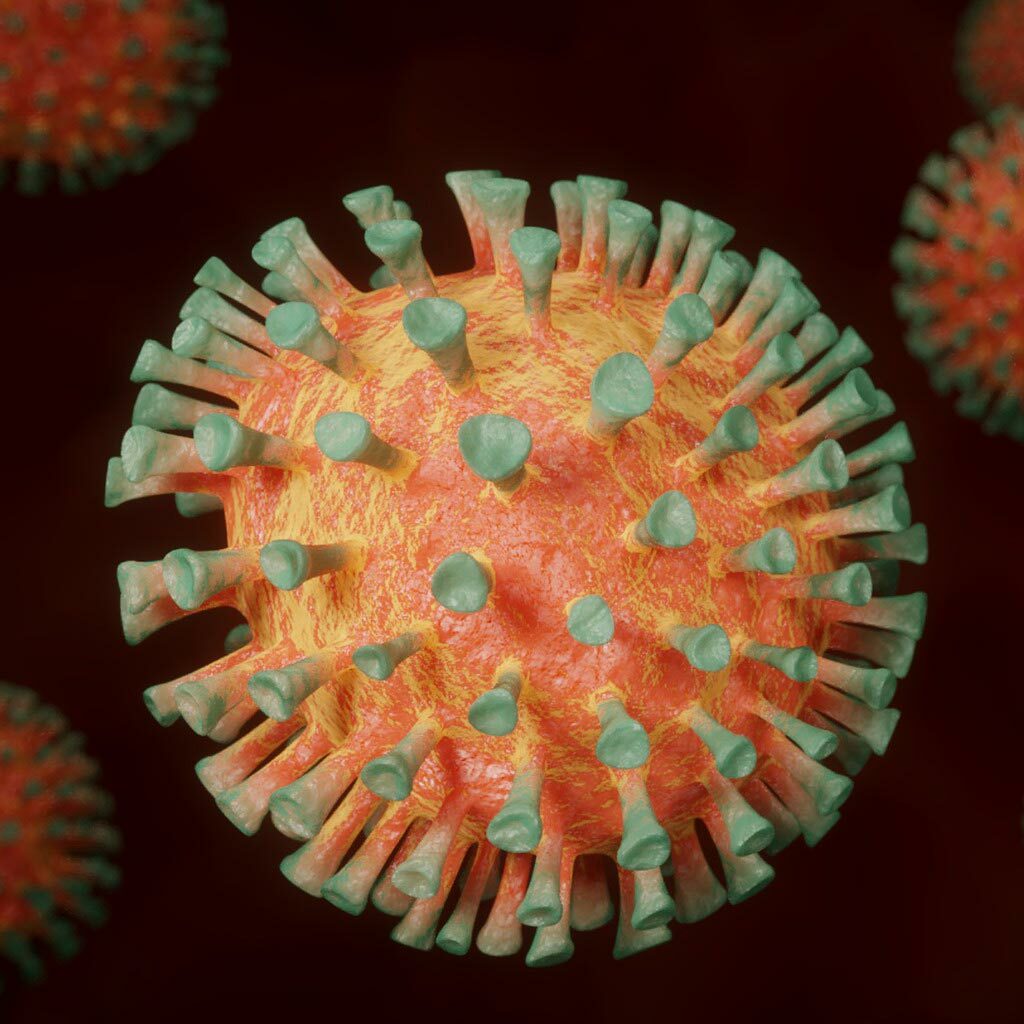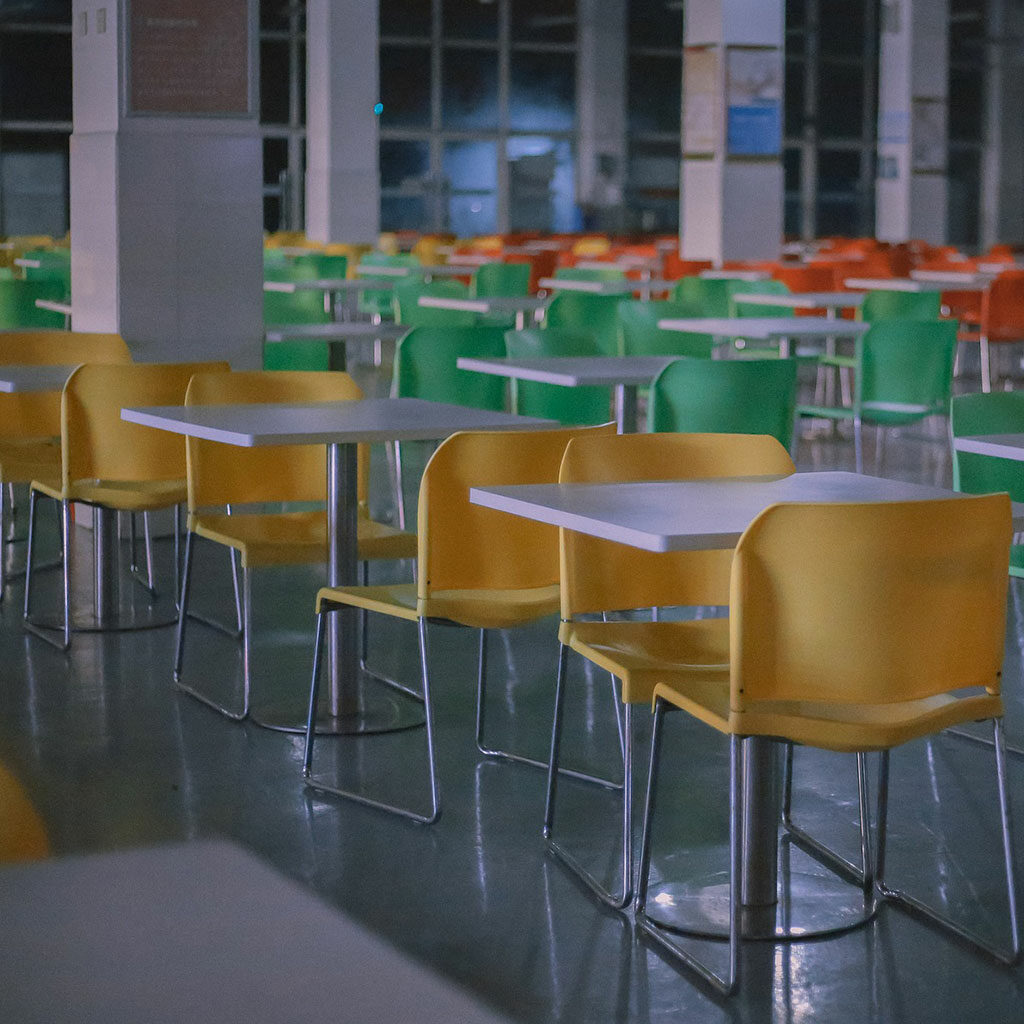
Demas Ceremonies and wedding parties said yes to Sistem Air
Demas Ceremonies and wedding ceremonies, which has been dressing brides and grooms throughout Italy with a unique style for over 30 years, chose Sistem Air for a truly healthy and clean environment.







